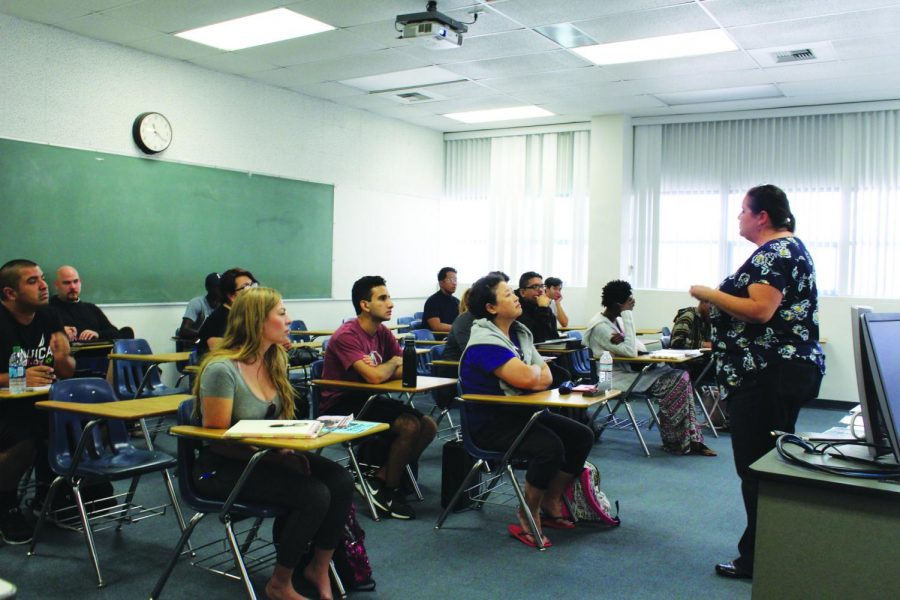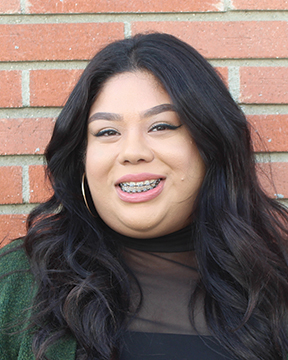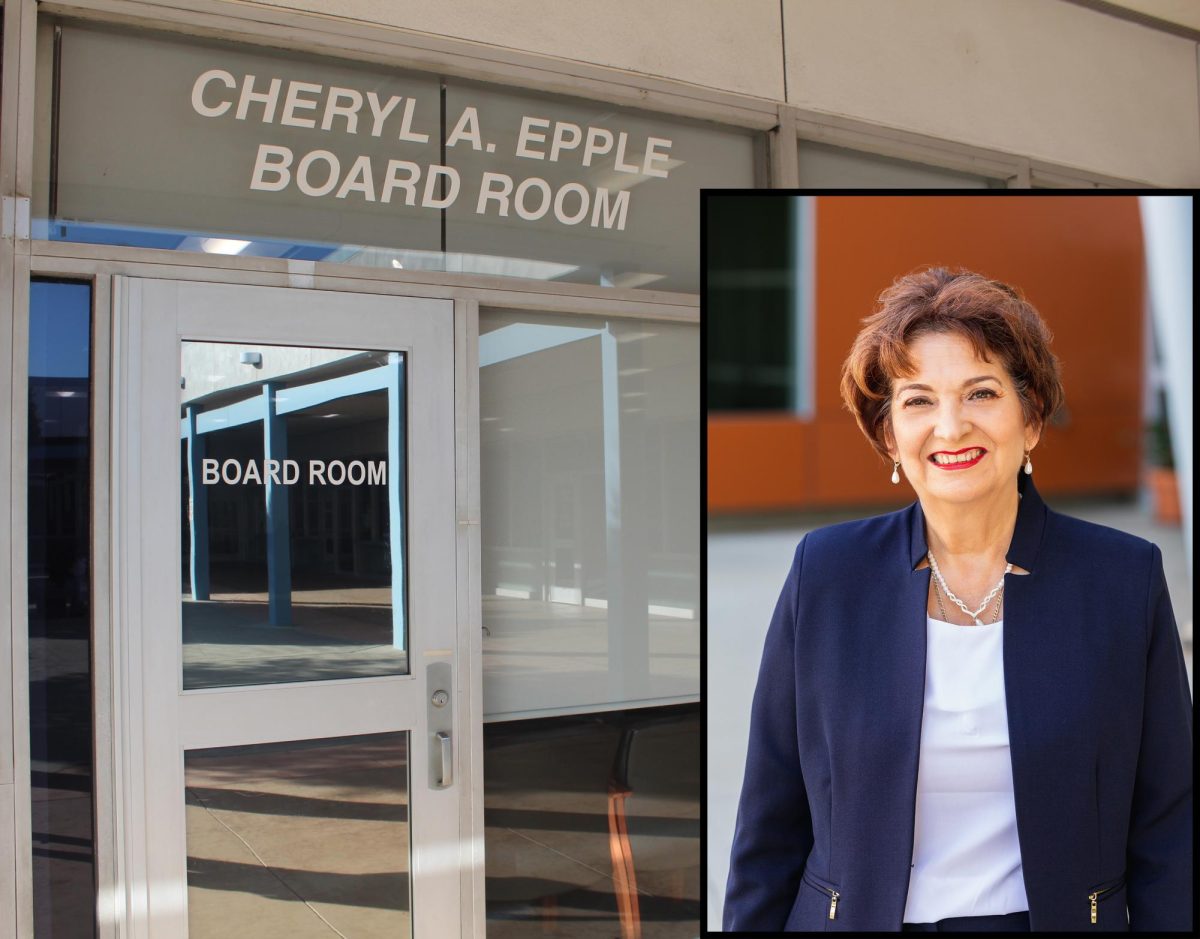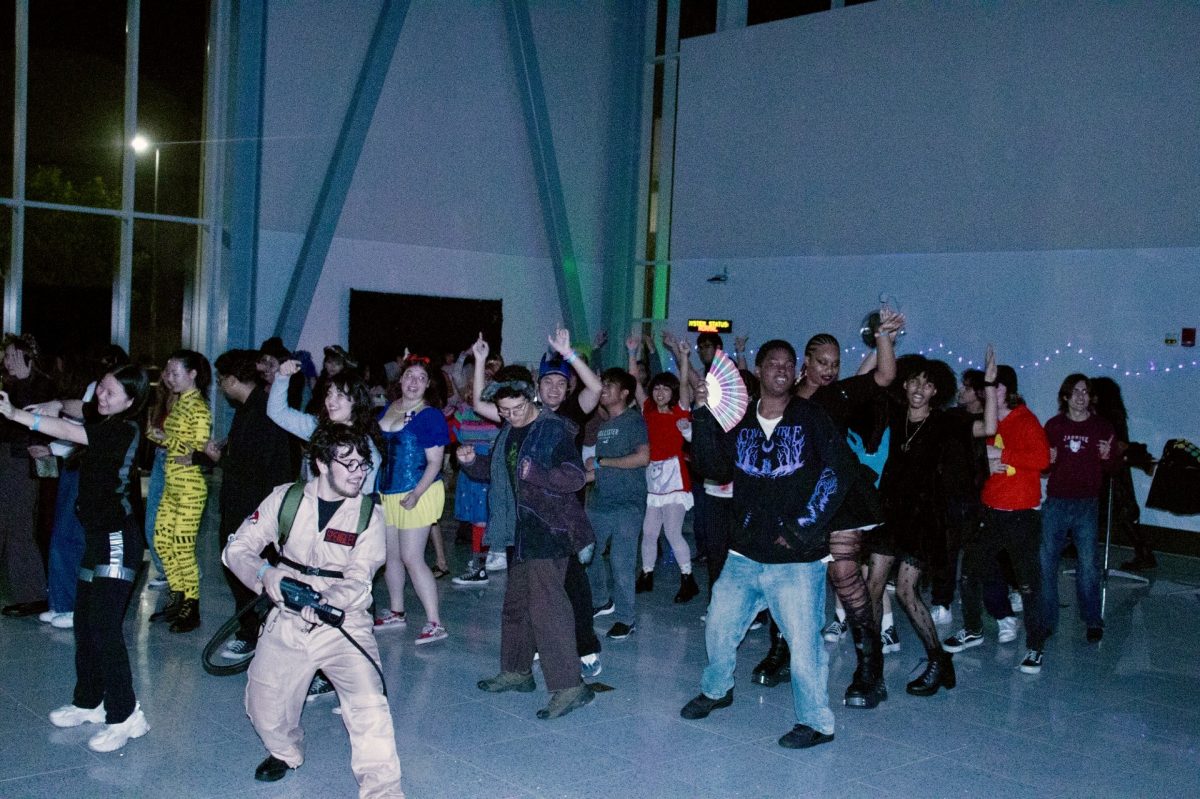It has been about five years since the Feelings and Coping Skills workshop made its way to Cerritos College, and students filled the class as they learned information as to coping with their feelings.
Presenter, therapist and social worker for Casa Youth Shelter, Pamela Sepulveda, led the presentation and explained the importance of learning to cope and understand one’s feelings and behavior.
Shannon Estrada, re-entry resource center specialist, said this particular workshop was requested by the Link Program on campus.
Feelings and behavior are two different things, Sepulveda explained, “Feelings are internal, while a behavior is an action.”
Sepulveda elaborated to the students in attendance that once they learn how to express themselves and practice the emotions they have, they will have a better threshold on knowing what they are feelings.
She explained the importance saying that when one does not listen to their feelings, the nervous system will take over and that is when the urge to, “fight, flight or freeze,” will take over the body.
The same is said with emotional baggage, continued Sepulveda.
She said. “Our baggage stays with us and we continue to hold onto our baggage, only for it to get bigger and bigger.”
Sepulveda encouraged students to connect with their emotions and practice knowing what feelings are what, so they can have a better understanding of coping mechanisms.
“Identify feelings, so we can cope with them – or we walk around like a mess,” said Sepulveda.
Elaborating on healthy coping skills, Sepulveda suggests exercise, healthy foods, spending time with friends and breathing.
“People are walking around in survival mode because people are constantly breathing from their chest, when they should be breathing from their diaphragm,” explains Sepulveda.
According to Sepulveda, the “I don’t know” answer is another way people don’t deal with their feelings.
“‘I don’t know’ answers means we don’t know how we feel or don’t want to share how we feel,” said Sepulveda.
Explaining further more, Sepulveda said this is because the feelings one is experiencing have not yet been processed or don’t want to feel vulnerable.
Sepulveda’s goal is to not not force people to find help if they are not ready, but hopes they will start a conversation that will lead them to the help they need.
Estrada said it took a while for this program return because the campus offers “many good workshops.”
Apart from the workshops offered on campus, Estrada said that students don’t necessarily have to attend the workshops, they have other options as well.
Making students aware of the resources available to them and offering different approaches to cope with their feelings and behavior is part of that Estrada said.
For instance, on-campus resources include meditation classes at the Student Health and Wellness Center and the school therapist Dr. Hernandez.
With Sepulveda’s final words of advice, she said her three rules to behavior are, “Don’t hurt yourself, don’t hurt anyone else and don’t destroy other people’s property.”










